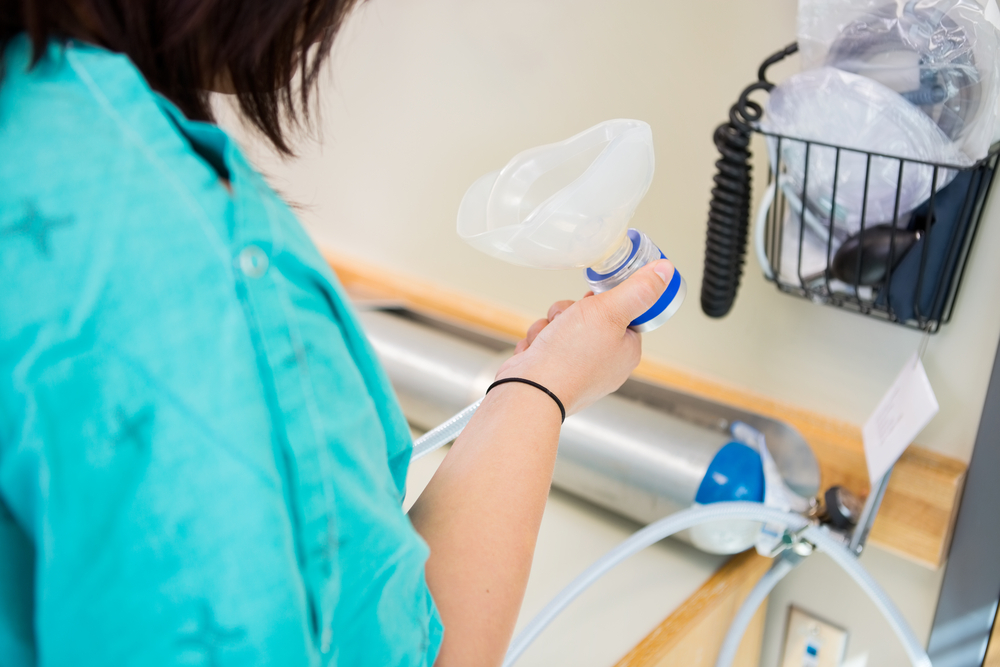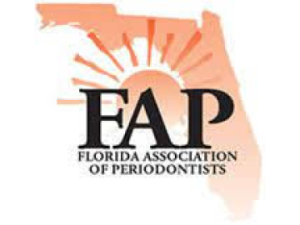Nitrous oxide, or laughing gas, is a colorless, odorless gas that helps calm people down and lessen pain. In dentistry, it is used to help patients feel less anxious and more comfortable during dental work.
The Science Behind Laughing Gas
Nitrous oxide operates by influencing the nervous system. Its dual properties as a sedative and pain reliever stem from its interaction with brain chemicals. Primarily utilized as general anesthesia, nitrous oxide is favored for its rapid onset and quick cessation of action, making it particularly suitable for dental treatments. Understanding the mechanism of action of nitrous oxide is crucial for ensuring its safe and efficient administration in dental practices.
In addition to its anesthetic effects, nitrous oxide is also valued for its anxiolytic properties, helping to alleviate patient anxiety and promote relaxation during dental procedures. The gas is administered through inhalation, allowing it to quickly reach the bloodstream and exert its therapeutic effects on the central nervous system. Dentists must carefully monitor the dosage and duration of nitrous oxide administration to maintain patient comfort while ensuring their safety throughout the treatment process.
Furthermore, nitrous oxide’s rapid reversibility makes it a preferred choice for dental patients who require sedation but desire a short recovery time post-procedure. By comprehensively understanding how nitrous oxide functions neurologically, dental professionals can optimize its application to provide optimal care and positive patient experiences.
Historical Use of Nitrous Oxide in Medicine
Nitrous oxide has a fascinating history in the field of medicine. Discovered in the late 1700s by English scientist Joseph Priestley, it was quickly recognized for its anesthetic properties. However, it wasn’t until the 1840s that American dentist Horace Wells pioneered its use in dentistry and surgery. Patients appreciated nitrous oxide for its quick onset of action and safety, leading to its widespread adoption as an anesthetic.
The introduction of nitrous oxide revolutionized pain management in medicine, offering a safer and more effective alternative to traditional methods. Its impact on surgical procedures and dental treatments should not be understated. Today, nitrous oxide is still used in various medical settings for its analgesic and anxiolytic effects, showcasing its enduring significance in modern healthcare practices.
How Nitrous Oxide Works in Dentistry
In dentistry, nitrous oxide helps people feel calm during dental procedures. It works with the nervous system to create a relaxed state. The gas is given through a small mask, and the amount is carefully managed to ensure proper sedation. This allows patients to stay awake and aware during treatment.
The Mechanism of Action on the Nervous System
Nitrous oxide works with neurotransmitter receptors, mainly the GABA and NMDA receptors, to help change how nerve signals work. The gas moves easily into the brain because it dissolves quickly. By boosting calming signals and lowering exciting signals, nitrous oxide helps people relax and feel less pain during dental procedures.
Using Nitrous Oxide for Dental Anxiety
Easing patient worry and fear is a key benefit of using nitrous oxide during dental procedures. The gas’s calming effects help patients feel more at ease, reducing stress and creating a sense of peace. Many patients appreciate how fast it acts and that they can go back to normal after treatment. This safe and effective method provides a good way to handle dental anxiety without the long-lasting effects of regular sedatives.
Advantages Over Other Sedative Methods
In sedation dentistry, nitrous oxide has clear benefits compared to older sedative methods. Its effects start and end quickly, making it a flexible choice for easing anxiety during dental procedures. Unlike oral sedatives that need to be taken ahead of time, nitrous oxide can be changed right while the procedure is going on. Plus, it is safe and has few side effects. Nitrous oxide can improve the dental experience due to its trustworthy and effective sedative qualities.
Side Effects and Risks of Nitrous Oxide
Nitrous oxide is usually safe, but it can have some risks. Side effects during or after dental procedures can include nausea or other problems. To reduce any negative outcomes, it is very important to monitor nitrous oxide concentrations and ensure proper ventilation. To use nitrous oxide safely and effectively in dental settings, it’s vital to understand details like the gas partition coefficient and minimum alveolar concentration.
Short-Term Side Effects During and After Dental Procedures
Sometimes, you may feel short-term side effects after breathing in nitrous oxide during dental procedures. These might be headaches or nausea. In very rare cases, pregnant patients could have spontaneous abortions. However, most adverse effects are mild and quickly disappear once the nitrous oxide is stopped. Dental professionals have proper ventilation and are trained in nitrous oxide use. They make sure the gas is given safely to reduce the risks linked to its short-term side effects.
Get in Touch
If you have further questions about nitrous oxide and its uses, don’t hesitate to contact Palm Beach Periodontics by phone or online. You can also schedule an appointment with one of our specialists, who can answer questions in person as they form a treatment plan for you.












